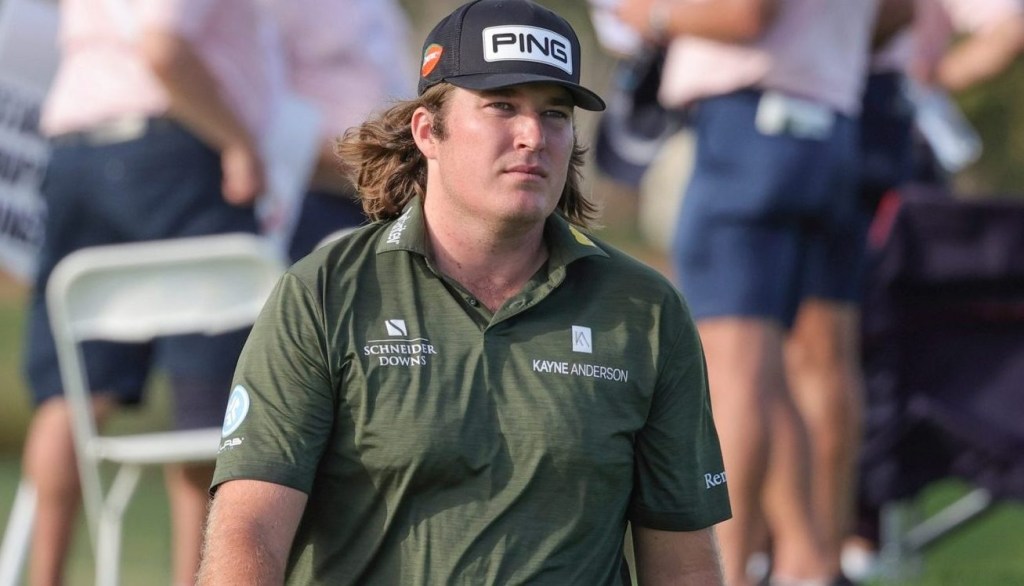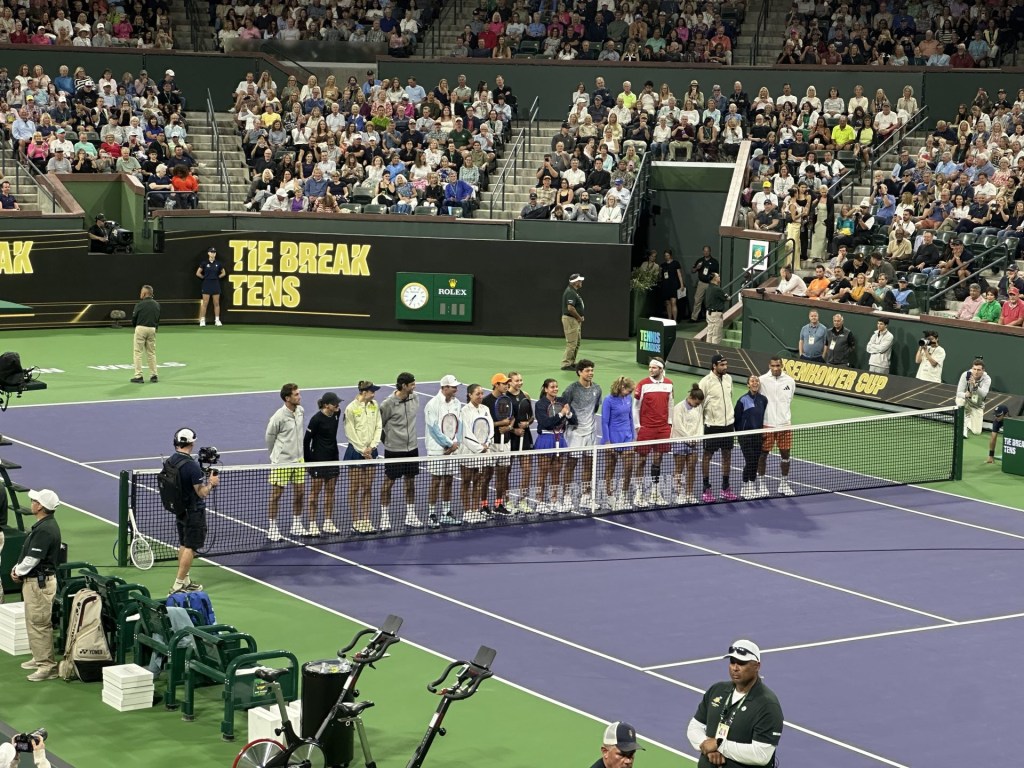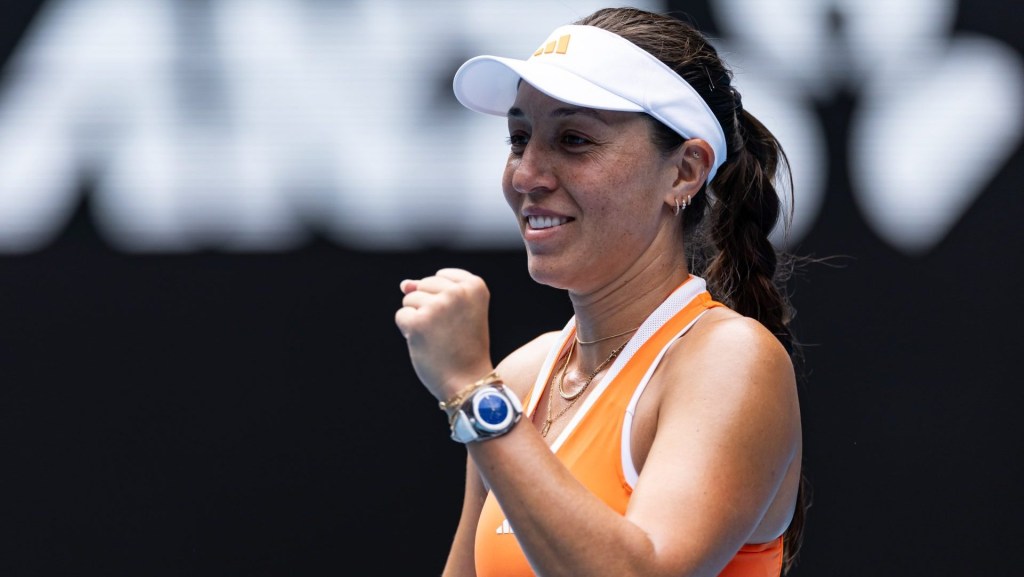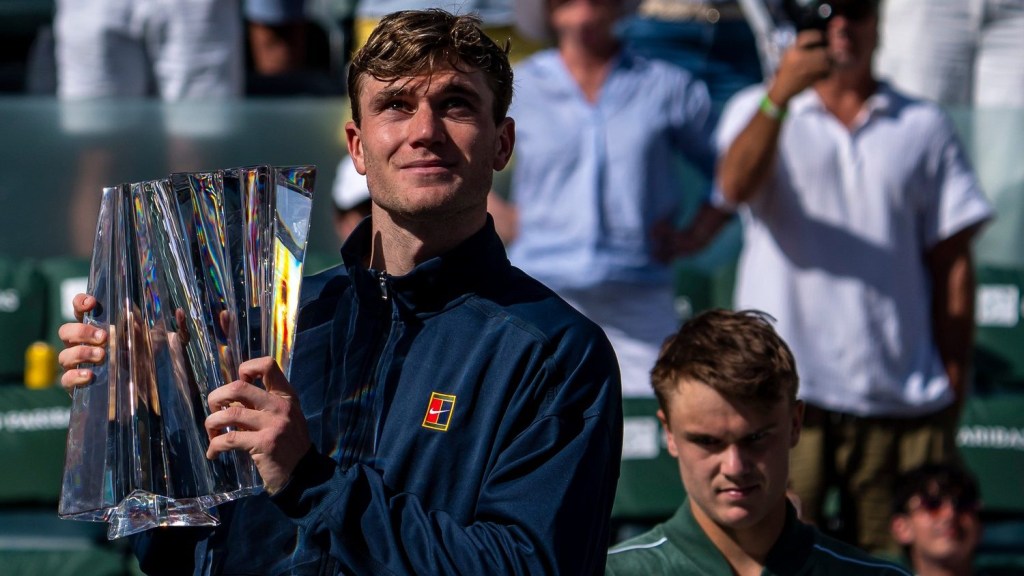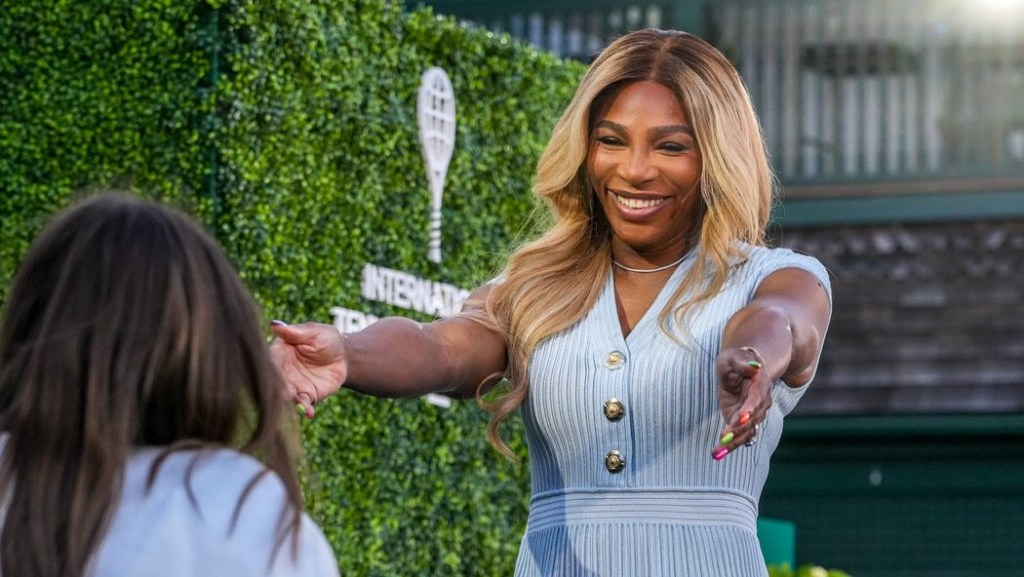Jimmy Butler and the Miami Heat appear to be stuck in an uncomfortable relationship for the rest of the NBA season.
On Wednesday, ESPN reported that the star prefers a trade out of Miami by the Feb. 6 trade deadline, with Golden State and Phoenix on his short list of preferred destinations. (The Rockets and Mavericks are also on the list for the Texas native.) Team president Pat Riley responded the next day with a statement all but insisting that Butler won’t be getting his wish.
“We usually don’t comment on rumors, but all this speculation has become a distraction to the team and is not fair to the players and coaches. Therefore, we will make it clear – We are not trading Jimmy Butler,” Riley said in a statement released by the team.
Issues between Butler and the organization came to a head this offseason, when he wasn’t offered a contract extension despite leading the Heat to two NBA Finals appearances in his five-year South Beach tenure. Butler remains among the game’s best two-way players, but has missed at least 18 games every year in Miami, making a max contract extension a tough sell for a 35-year-old.
Butler has played in 20 of the Heat’s 27 games this season and is averaging 18.5 points per game. He is making roughly $49 million this season and his contract has a $52 million player option on it for next season.
But Butler’s wish list may need tweaking if he wants to get traded given the suitors he has on it. The 6-foot-7 wing has never won a championship and is seeking a trade to a title contender. But it would appear nearly impossible for Golden State and Phoenix to cobble together the assets required to make a Butler trade work.
Phoenix has just one tradeable first round pick—in 2031—and no notable young players that would interest the Heat after sending out a bounty to acquire Kevin Durant in 2023. The Suns have a historically expensive roster, with $223 million in player salaries and an estimated $198 million in luxury tax, putting them on pace to be the first team in NBA history to exceed $400 million in combined salary and tax. Butler’s expensive contract wouldn’t significantly change that and the team’s financial situation means the team needs to capitalize on its draft picks and younger players, who tend to have team-friendly salaries.
A trade with Phoenix would also require the Heat to take back Bradley Beal’s $110 million contract for salary matching; the injury-riddled guard is owed $110 million over the next two years. And Beal has a say: Along with LeBron James, Beal is one of just two players in the NBA with a no-trade clause.
Golden State has the picks the Suns lack—firsts from 2025 to 2029, plus 2031—but the players it would send back are likely a holdup for both sides. The Warriors have won four championships since 2015 mainly by building through the draft, a Heat strength as well. The Warriors have four young up-and-coming players in Trayce Jackson-Davis, Moses Moody, Jonathan Kuminga, and Brandon Podziemski that could interest the Heat, but none come close to matching Butler’s salary. Andrew Wiggins’s $26 million would, but dumping Wiggins and the young players for Butler would hurt their depth and future.
The Mavericks have up to three first-round picks to trade through 2031, but also lack the salary and developmental pieces for a trade without decimating the roster. The Rockets, Butler’s hometown team, have been the NBA’s biggest surprise so far, with a 20-9 record that has them in second place in the Western Conference. The team has both the draft picks and young players to trade for Butler, but given their start, young core and long timeline to contend, a trade for Butler seems unnecessary.
The Warriors have also never acquired a superstar like Butler via trade. Three of their title pillars—Stephen Curry, Klay Thompson, and Draymond Green—were drafted, while Kevin Durant signed as a free agent.
Barring a radical change of heart from Riley and Miami, Butler and the Heat appear to be stuck with each other until next summer.
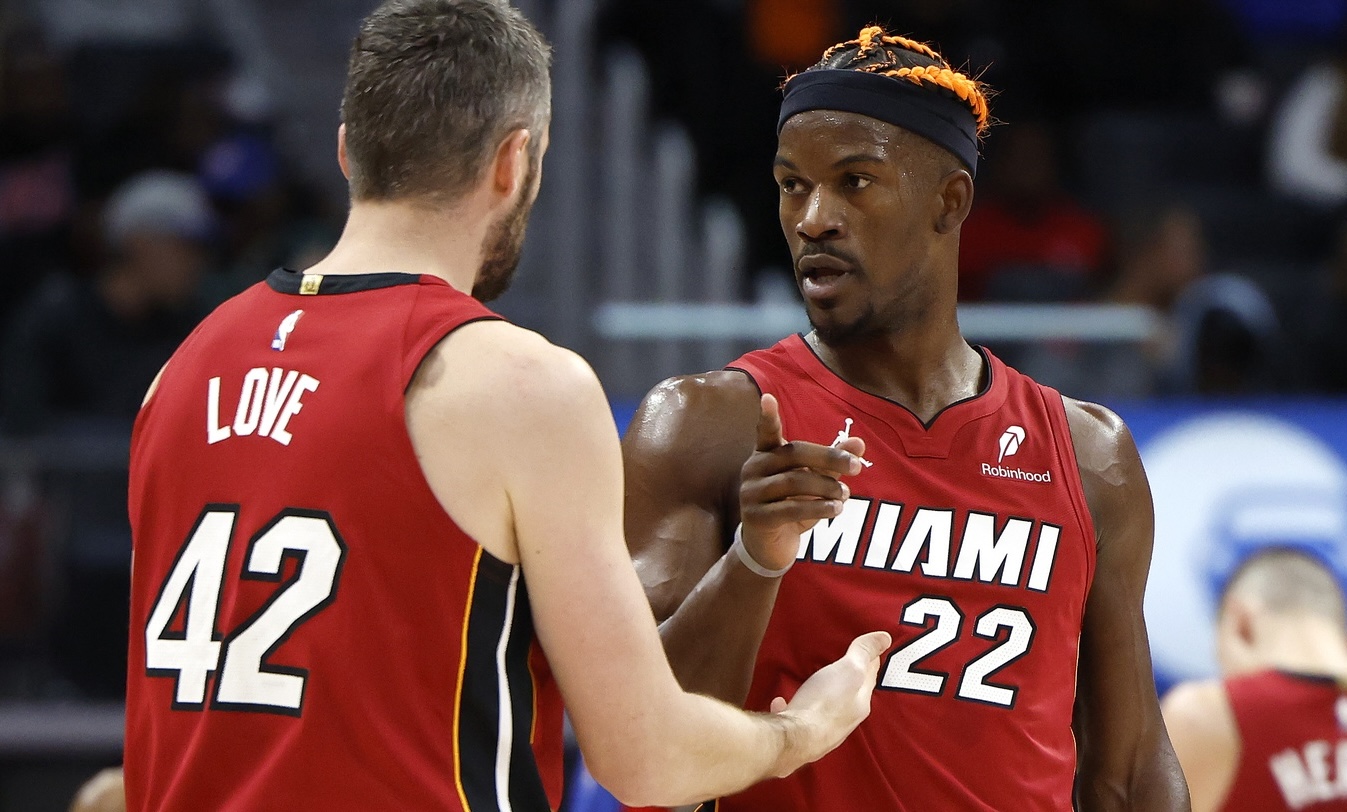
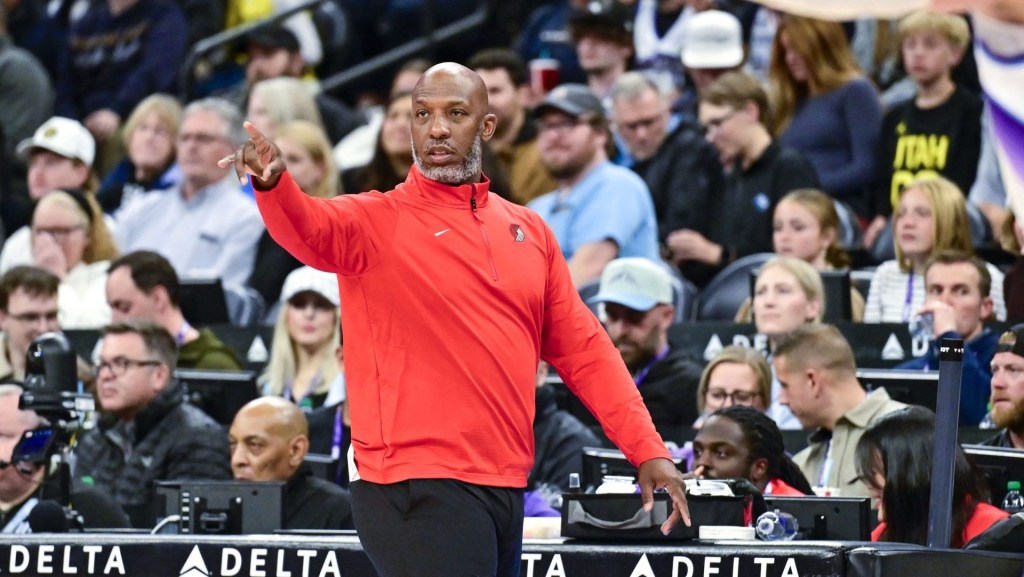
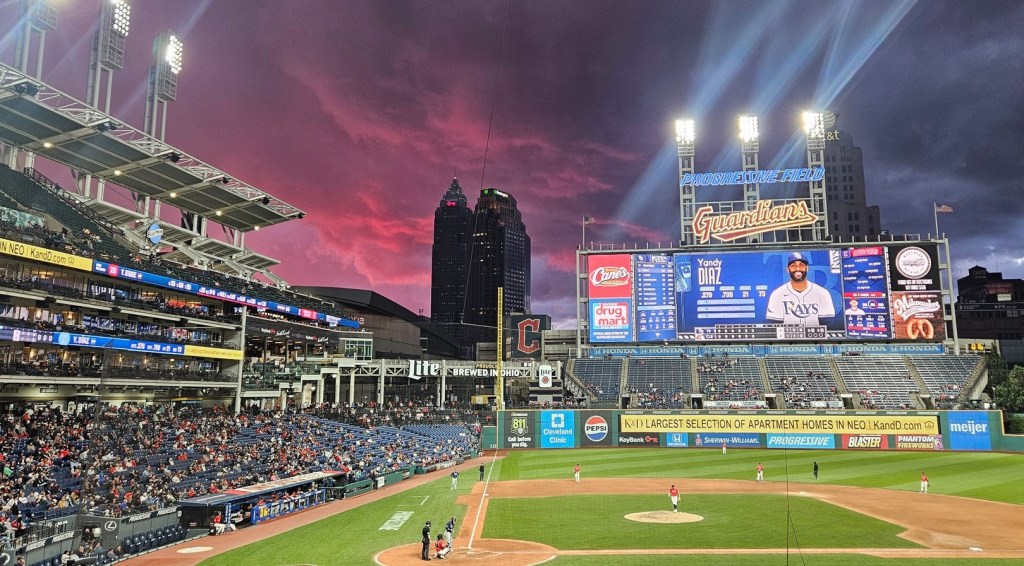
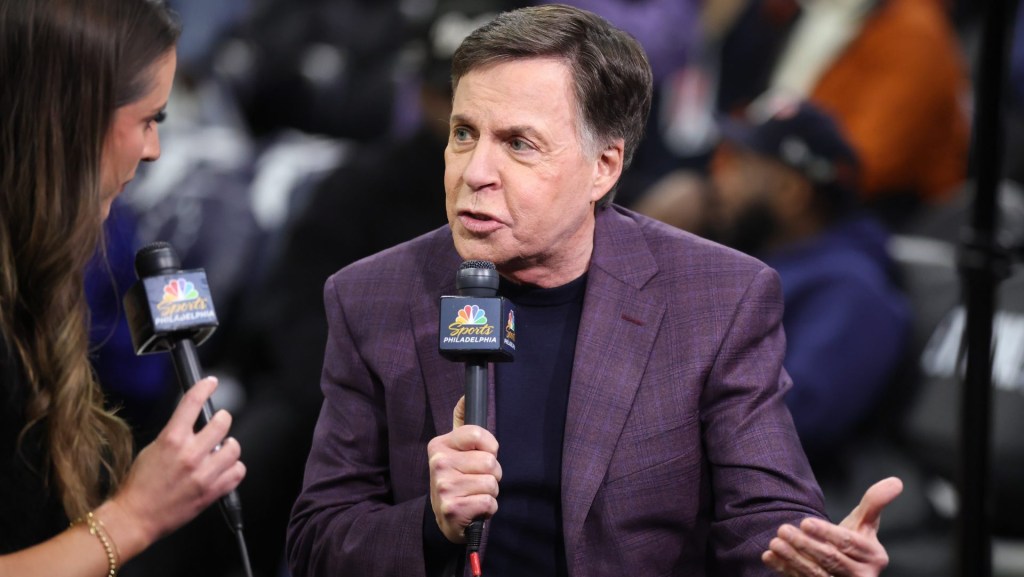



![[Subscription Customers Only] Jun 15, 2025; Seattle, Washington, USA; Botafogo owner John Textor inside the stadium before the match during a group stage match of the 2025 FIFA Club World Cup at Lumen Field.](https://frontofficesports.com/wp-content/uploads/2026/02/USATSI_26465842_168416386_lowres-scaled.jpg?quality=100&w=1024)
![[Subscription Customers Only] Jul 13, 2025; East Rutherford, New Jersey, USA; Chelsea FC midfielder Cole Palmer (10) celebrates winning the final of the 2025 FIFA Club World Cup at MetLife Stadium](https://frontofficesports.com/wp-content/uploads/2026/02/USATSI_26636703-scaled-e1770932227605.jpg?quality=100&w=1024)
